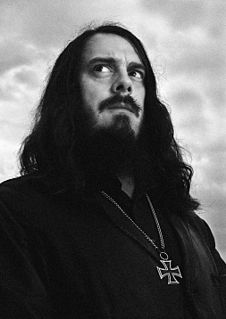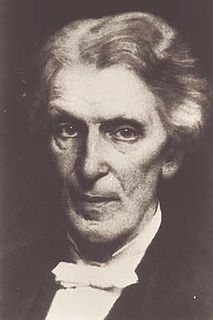A Quote by Julie Burchill
I've never been nostalgic, personally or politically - if the past was so great, how come it's history?
Quote Topics
Related Quotes
Jonathan Meese is not interested in the history of reality. Everything radical and precisely graphic is sustainable. Human ideologies like religions and politics are based on the past and therefore irrelevant to art. Art always transforms radicalism of the past into the future. Art is always the total time machine. Jonathan Meese is interested in the history of the future. Art is never nostalgic.
I'm very nostalgic, and I spend a lot of time in the past, in my mind. That's part of my challenge, and what I really want to do is, I want to be present. I want to leave that in the past. When I say nostalgic, I mean my own life. I spend a lot of time reflecting on my past and not being able to process time.
What I think has been wonderful about my life is that it has been diverse, and that I've been able to do so many different things. I was able to evolve from modeling into acting. And then when acting opportunities became limited because of my age, I was able to become a writer and director and author. So, I am grateful to myself that I didn't just sit around and become nostalgic about the past that has been and can't come back, but that I instead decided to move on.
As it can be maintained that all the great advances have come from men under forty, so the history of the world shows that a very large proportion of the evils may be traced to the sexagenarians, nearly all the great mistakes politically and socially, all of the worst poems, most of the bad pictures, a majority of the bad novels and not a few of the bad sermons and speeches.







































